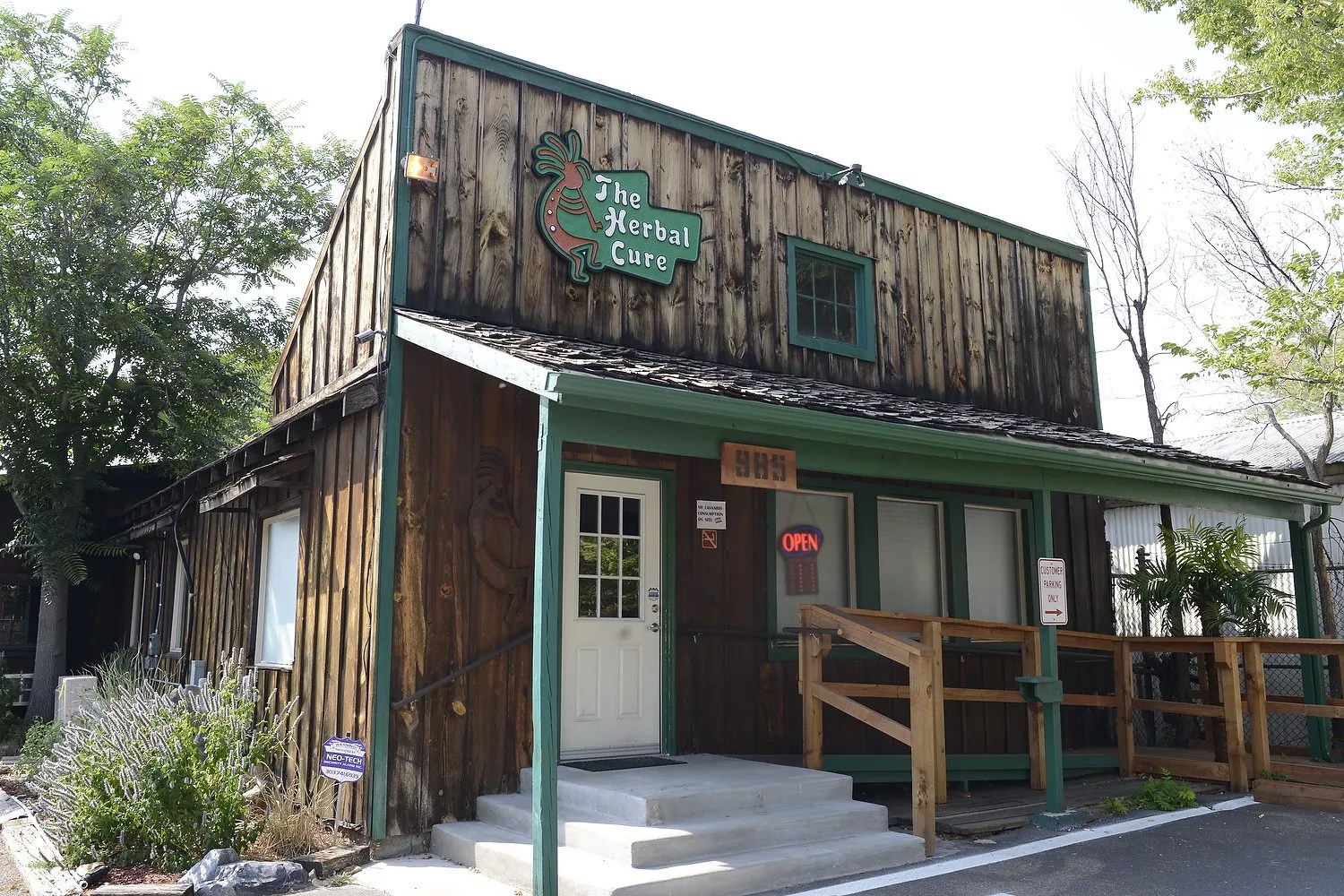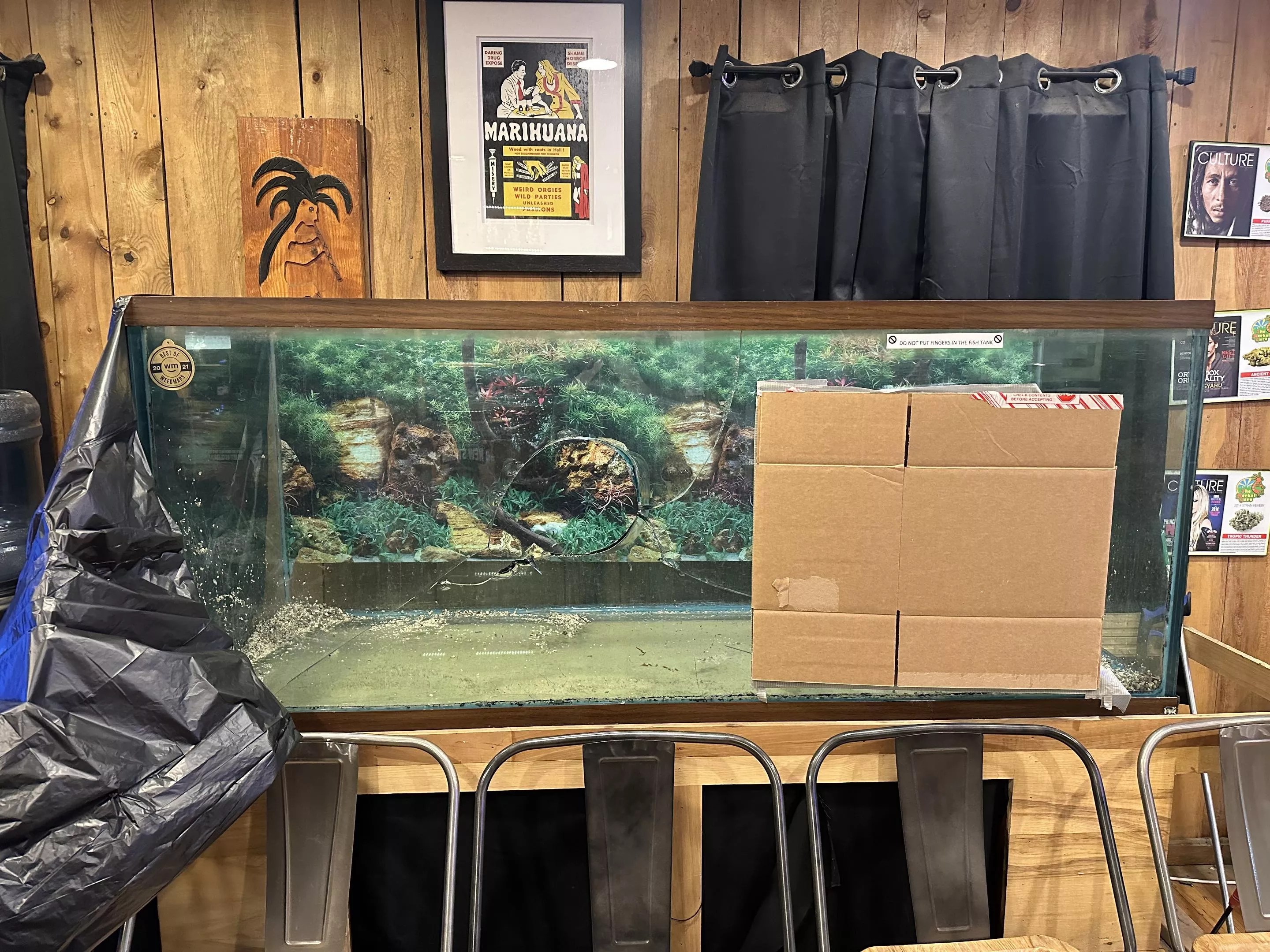
Scott Lentz

Audio By Carbonatix
Keeping a cannabis business afloat in Colorado is hard nowadays, let alone starting a new one. To help companies pursue their game plans, the state’s Cannabis Business Office has issued seventeen grants ranging from $20,000 to $50,000 to seventeen dispensaries, extraction labs, delivery services, edibles manufacturers and other businesses.
The Cannabis Business Office was created in 2021 by state lawmakers because the plant’s federal prohibition blocks cannabis companies from receiving assistance from the Small Business Administration. It provides grants, low-interest loans and technical assistance to cannabis license holders who qualify for a social equity designation, which is based on a licensee’s economic background, where they’ve lived in Colorado and their or a family member’s past drug arrests.
Funded by marijuana industry tax revenue, the Cannabis Business Office has issued 83 grants and seven loans in less than four years, according to the state Office of Economic Development and International Trade, which oversees the office. Those grants and loans have supported the creation or retention of nearly 350 jobs and 55 new businesses, many of which have been profiled by Westword.
Recipients of the most recent round of grants in February include Soiku Bano, one of Denver’s most acclaimed rosin labs, and the Herbal Cure, a longtime mom-and-pop dispensary that suffered a brutal weekend of break-ins and store destruction in 2024. According to the CBO, those businesses were two of five licensees to receive $50,000 to grow and refine their operations.

The Herbal Cure’s popular fish tank was broken by intruders during a burglary attempt on February 3, 2024.
Thomas Mitchell
Brandon Burnham, owner of the Herbal Cure, says the grant will allow the dispensary to pursue delivery and hospitality licenses “one step at a time.”
Grant applicants must complete a handful of cannabis compliance and business modules, which was “helpful, insightful, and an amazing symbol of the progress of the cannabis industry, as well as social equity opportunities in our amazing home of Colorado,” he says.
“It’s amazing how far the cannabis Industry has come since we got started legally at the Herbal Cure over fifteen years ago. As the owner-operators, we had been negatively impacted by cannabis being illegal in our younger years, and the state and city’s social equity programs are a great opportunity for impacted cannabis entrepreneurs to get a little help towards their goals in the industry,” Burnham adds.
Other in-the-works cannabis businesses we’ve profiled – such as infused coffee pod maker C’est La Vie Coffee and Bachaz, a cannabis edibles brand that wants to sell Mexican-inspired gummies in dispensaries – received $20,000 grants to “reach the next stage of development,” according to the CBO.
Canna CabanaBus, a licensed mobile cannabis lounge that first hit the road in 2023, and Jungle Feva, a dispensary founded by local entrepreneur Arzelle Lewis – who was featured in Westword after his successful effort to have his father released from prison over past drug charges – also received $20,000 “foundational-plus” grants.

Bachaz makes THC gummies covered in chamoy and tamarindo to celebrate Mexican culture.
Courtesy of Beatrice Carranza
GreenDoor, a retail pot service that curates local dispensary products, cannabis accessories and non-infused goodies for themed and seasonal boxes, and Better Days Delivery, one of Denver’s first licensed cannabis delivery services (and a partner with GreenDoor), also received foundational-plus grants.
According to GreenDoor co-founder Damon Brooks, the CBO’s grant and technical assistance during his business’s early days have been “transformative for GreenDoor, turning our initial idea into an operational business.”
“This funding allows us to refine our business model, better serve our customers with high-quality products and build valuable partnerships with local businesses, creating opportunities for mutual growth. We’re committed to expanding opportunities within Colorado’s cannabis industry, and we’re incredibly grateful for this funding opportunity. It’s strengthened our foundation, and we especially appreciate Colorado’s commitment to supporting small social equity businesses that are often overlooked,” Brooks says.
Eight businesses in total received $25,000 grants to move further along, according to the CBO, while three newly licensed businesses – the Fireplace, Puff Tuff Cannabis and Xi Farms – received $20,000 grants to get up and running.

GreenDoor boxes are filled with flower, edibles, pre-rolls and other licensed cannabis products sold at dispensaries, as well as deluxe foods, swag and smoking accessories
Courtesy of GreenDoor
The CBO received a one-time, $4 million allocation from the state budget in 2021. Although lawmakers gave it a $800,000 infusion last year, the effort is running out of money, according to OEDIT, which says that $2.75 million has gone to business grants and loans so far.
Although Governor Jared Polis included $1.5 million in marijuana tax revenue for the CBO in his budget proposal last November, that has not yet been accepted by lawmakers, who are currently dealing with a budget shortfall. Marijuana tax revenue, largely dependent on dispensary sales, is also on an extended downward spiral as Colorado’s cannabis market struggles.
“If that budget proposal is not accepted, the Cannabis Business Office may not have adequate funds to continue in its current form,” a statement from OEDIT reads.
No lawmaker has proposed adding CBO funding to any bill yet, and one proposal even aims to dilute the state’s cannabis social equity program. Senate Bill 25-076, a broad bill that proposes restrictions to marijuana dispensary sales and upcoming therapeutic psilocybin offerings, includes language that would open the CBO to “a person who wants to start any type of business,” cannabis or not.